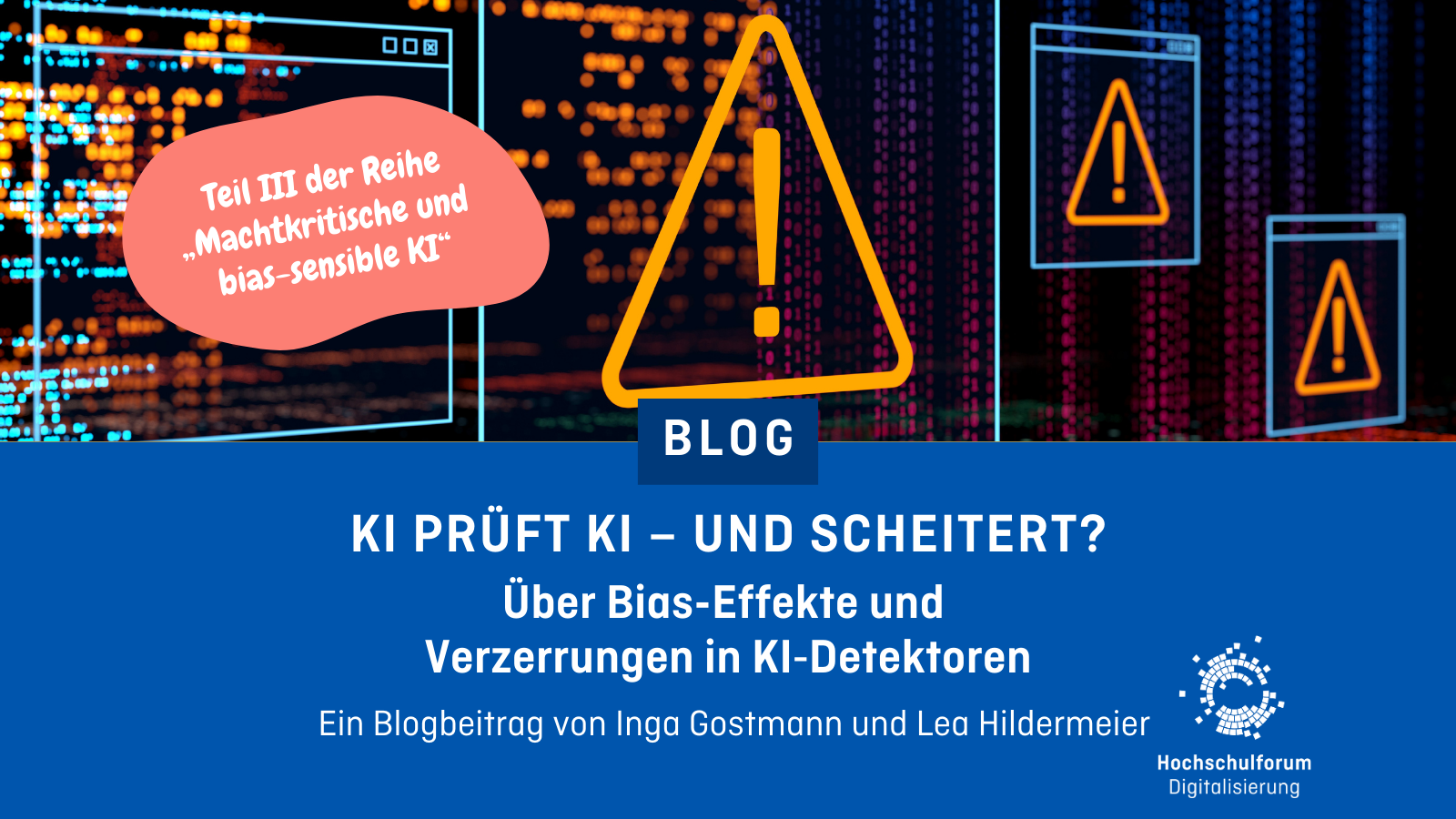Help for people from Ukraine – how universities get involved
Help for people from Ukraine – how universities get involved
11.03.22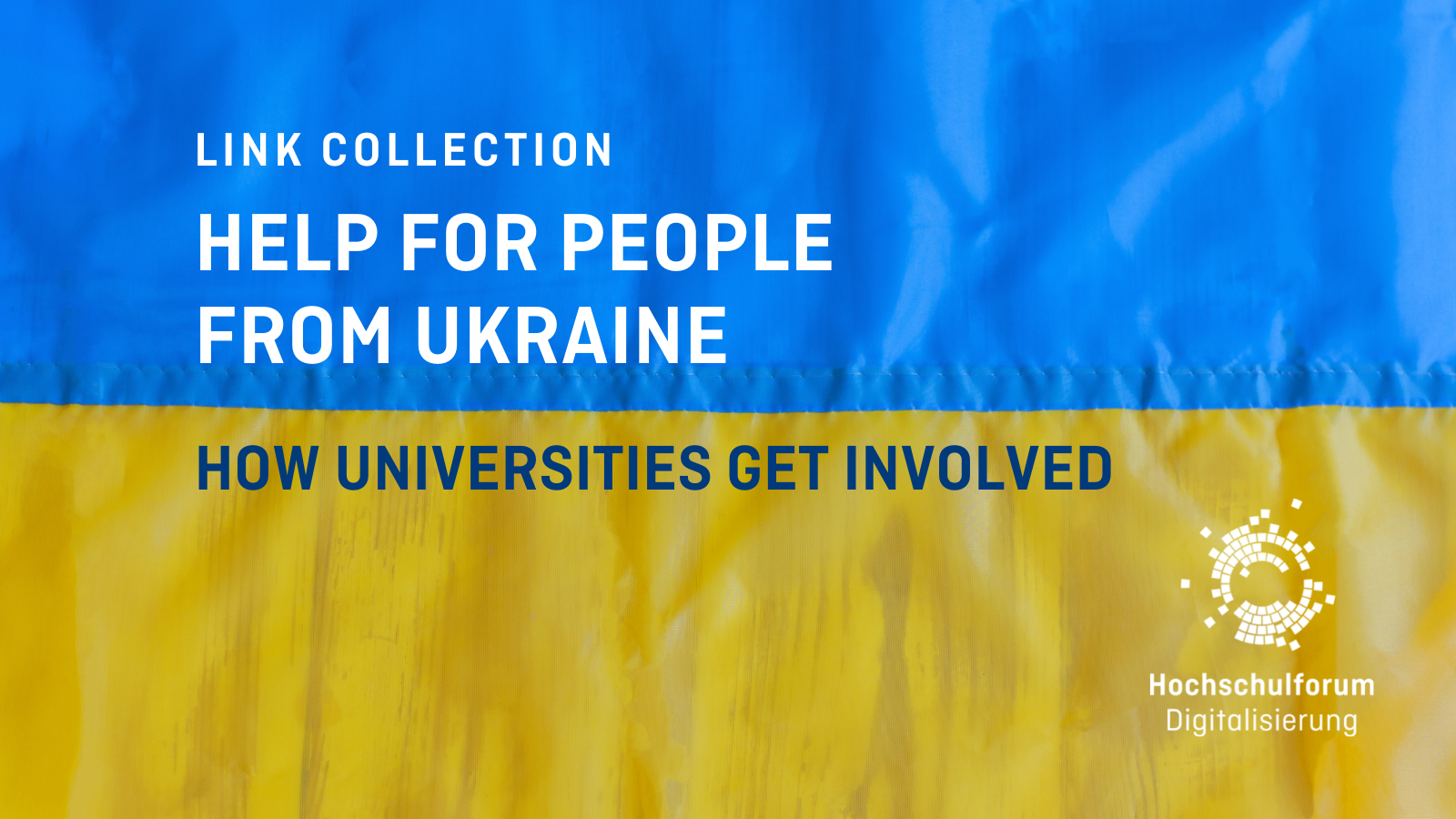
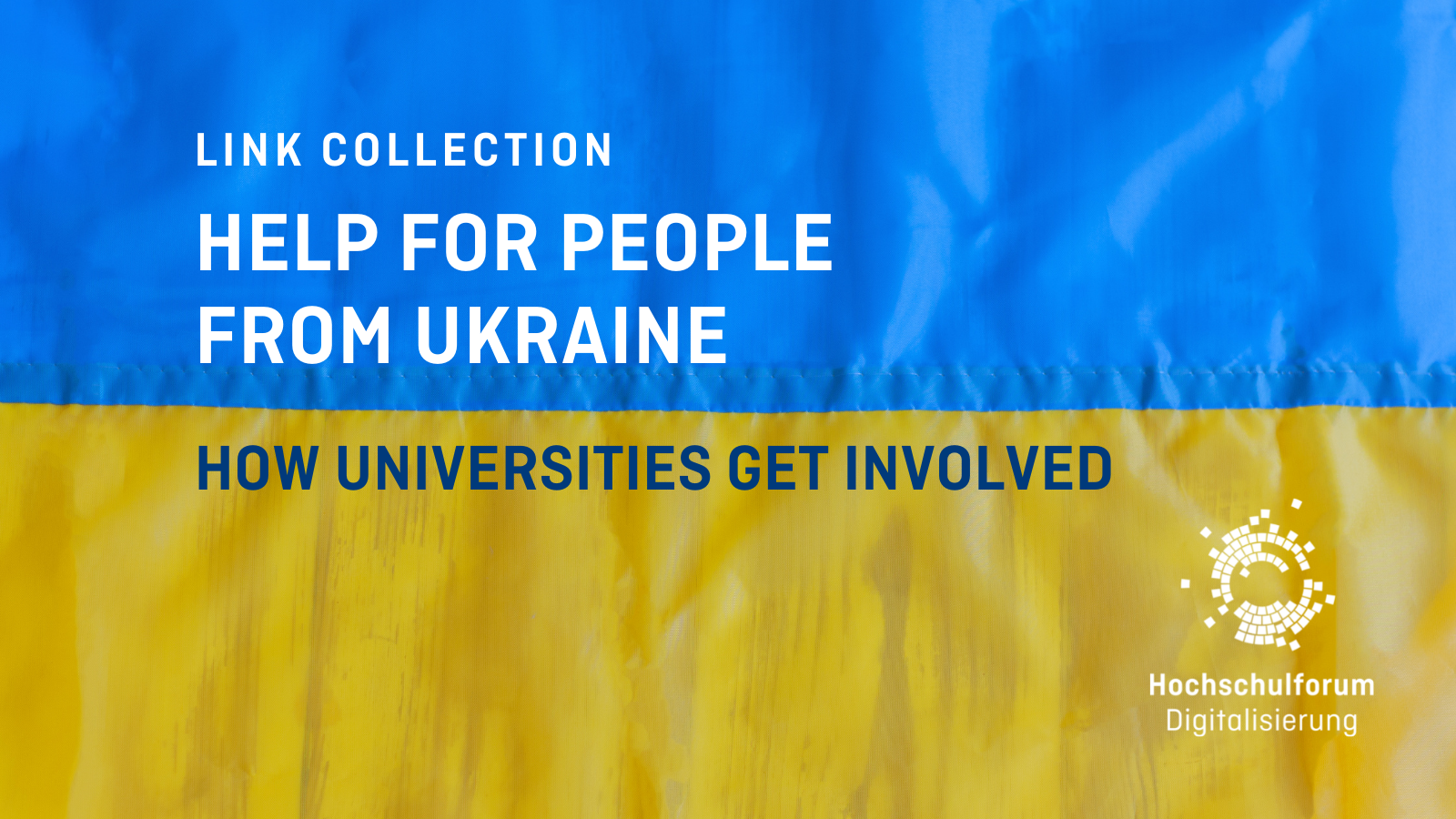 The Kremlin’s attack on Ukraine is shocking. But as stunned as the situation and the view of the news situation makes us, the willingness to help strikes us as equally impressive. The offer is growing daily and digital possibilities such as Twitter are also being used highly creatively to inform and organise offers of help, as our list of offers of help for university staff shows.
The Kremlin’s attack on Ukraine is shocking. But as stunned as the situation and the view of the news situation makes us, the willingness to help strikes us as equally impressive. The offer is growing daily and digital possibilities such as Twitter are also being used highly creatively to inform and organise offers of help, as our list of offers of help for university staff shows.
The universities also reacted within a very short time. The German Rectors’ Conference assured the Ukrainian universities of its solidarity and the Association of University Teachers also called for support for students and academics from the war zones. Mecklenburg-Western Pomerania declared its intention to set up a science bridge for Ukrainian students and academics together with the universities and colleges of the federal state. A joint declaration was also published by the universities, non-university research institutions, student unions and the Brandenburg Ministry of Science. A networking platform is to be set up.
At many universities throughout the country, other aid programmes were launched and implemented in parallel. We have compiled an overview of some of the support measures that inspire and show us: The community stands together and jointly develops concepts to support Ukrainian university members and give them long-term perspectives.
In other countries, universities are also organizing assistance. In the Twente region of the Netherlands exists an alliance between the government, businesses and educational partners, including Twente University and Saxion University of Applied Sciences. This alliance offers support to the more than 250 Ukrainian and Russian students living in Twente. The University of New Europe (UNE) has compiled a list of support services for academics and cultural workers, which is updated regularly.
Together we know more: If you know of any other help offers, we would appreciate it if you could post them (preferably with a link) in the comments section of this article. Thank you!
Relevant hashtags and actions on Twitter and other channels:
- Under #ScienceForUkraine, a community is organised for higher education professionals from Europe and beyond. The initiative collects and disseminates information on support services at university, national and international level.
- Technical support for non-profit organisations is offered under #TechForUkraine. CEOs, founders and other decision-makers can offer their company’s expertise for a good cause.
- The European University Association maintains an ongoing Twitter list for support services.
- Students who want to offer support can also network via Telegram (source: fzs newsletter).
- There are also offers for Ukrainian researchers on Telegram: Ukrainian Researchers in Germany and Push Help for Ukrainian Reseachers.
-
The European Students’ Union (ESU), an umbrella organization of 45 student unions from 40 countries, has launched a podcast on aid for ukraine.
-
The Ukrainian Association of Students provides information on the situation in ukraine on its Instagram channel.
Assistance offered by the universities:
- The Faculty of Philosophy at the University of Erfurt, together with the Leibniz Institute for the History and Culture of Eastern Europe (GWZO), has compiled academic assistance and funding offers.
- The Karlsruhe Institute of Technology (KIT) has established an information portal to provide information about support services and the impact of war on studying and working at KIT.
- In its initiative “Refugees Welcome at the HU“, Humboldt University of Berlin bundles offers that facilitate refugees’ access to the university, their entry into studies and science as well as their everyday life at the HU.
- The Free University Berlin has compiled an international overview of research laboratories that offer support.
- The Cluster of Excellence RESOLV offers fellowships (up to 6 months) for Ukrainian scientists in the field of Solvation Science.
- The Technical University of Berlin has set up the “Berlin-Ukraine” aid fund.
- Friedrich-Alexander-Universiy Erlangen-Nürnberg has set up the crowdfunding campaign #FAU4Ukraine to support Ukrainian students in particular, but also researchers, teachers and employees of partners in Ukraine, and is also offering assistance via the university website.
- The Technical University of Munich has launched an appeal for donations.
- Brandenburg University Hospital is collecting donations for rapid medical aid in Ukraine. The money will be used for medical rations and non-perishable food in (especially) Odessa.
- The Technical University of Darmstadt collects donations that benefit Ukrainian students at the university. Donations can also be made for humanitarian purposes to support Bochum’s twin city Uzhgorod.
- The Ruhr University Bochum is collecting donations to support Ukrainian students and academics.
- The We-Care Contact Point at Dresden University of Technology offers those affected opportunities for individual counselling and networking with contact persons.
- Together, RWTH and University hospital RWTH Aachen have launched a fundraising campaign for Ukrainian hospitals.
- A group of professors from different universities has set up a Google form to refer interested Ukrainian students to German universities.
- Under #UniKN_hilft_Ukraine the University of Konstanz has launched a relief campaign to collect donations and support affected students and scientists.
The German Academic Exchange Service (DAAD) is also committed to helping refugee students and has compiled a list of support services offered by its partners and international higher education institutions, and offers a scholarship search for those affected on its website.
Support services directed at university members
- The Volkswagen Foundation offers assistance for refugee scientists.
- The Scholars at Risk network offers support to the affected academic community.
- On LinkedIn, Quantum Delta NL shared a list of concrete offers of help for Ukrainian students.
- The HessenFonds for refugees and risk researchers offers scholarships.
- The Erasmus Student Network has set up a matching process through which accommodation can be made available.
- The Alexander von Humboldt Foundation’s Philipp Schwartz Initiative supports researchers at risk. Subsequent nominations of Ukrainian researchers in the current call for proposals are possible until 18 March 2022.
- The European Students Union has compiled information on assistance for students in Ukraine on its website.
- The European University Foundation (EUF) has compiled a list of support services offered by universities in Europe that can be searched.
- The Federal Ministry for Education and Research (BMBF) has compiled information and study opportunities for refugee students.
- The Goethe-Institut has compiled a list of important information for refugees from Ukraine coming to Germany. The information is updated continuously.
- The Federal Office for Migration and Refugees has compiled a Q&A on entering Ukraine and staying in Germany.
- The Educational Guidance Guarantee Fund University supports young immigrants in preparing for higher education studies in Germany.


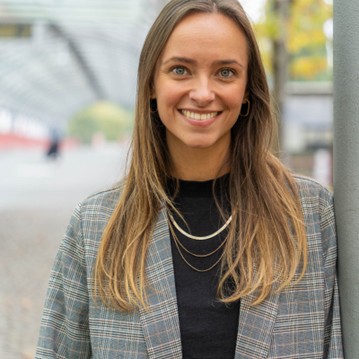 Kim Althoff
Kim Althoff 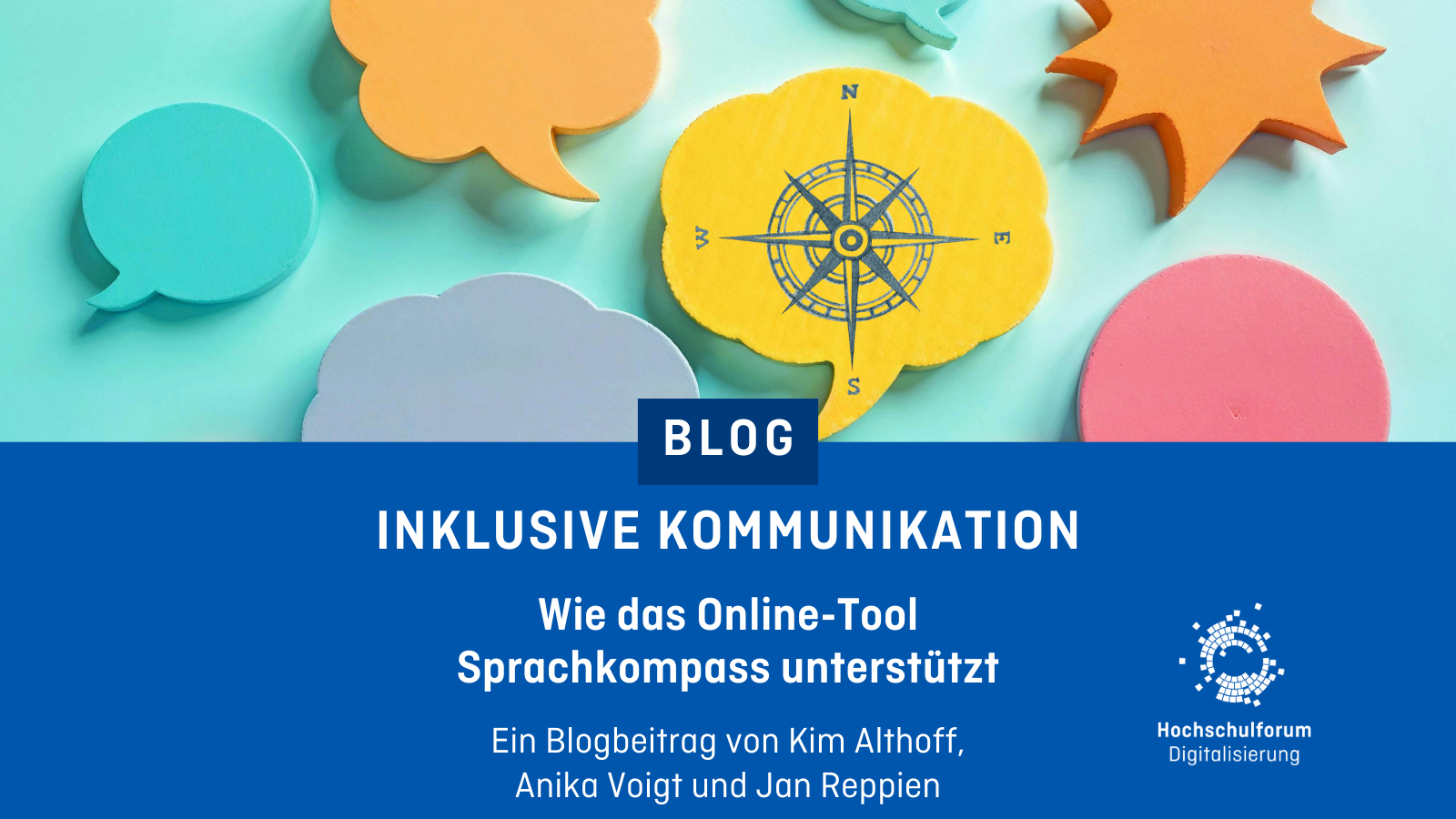
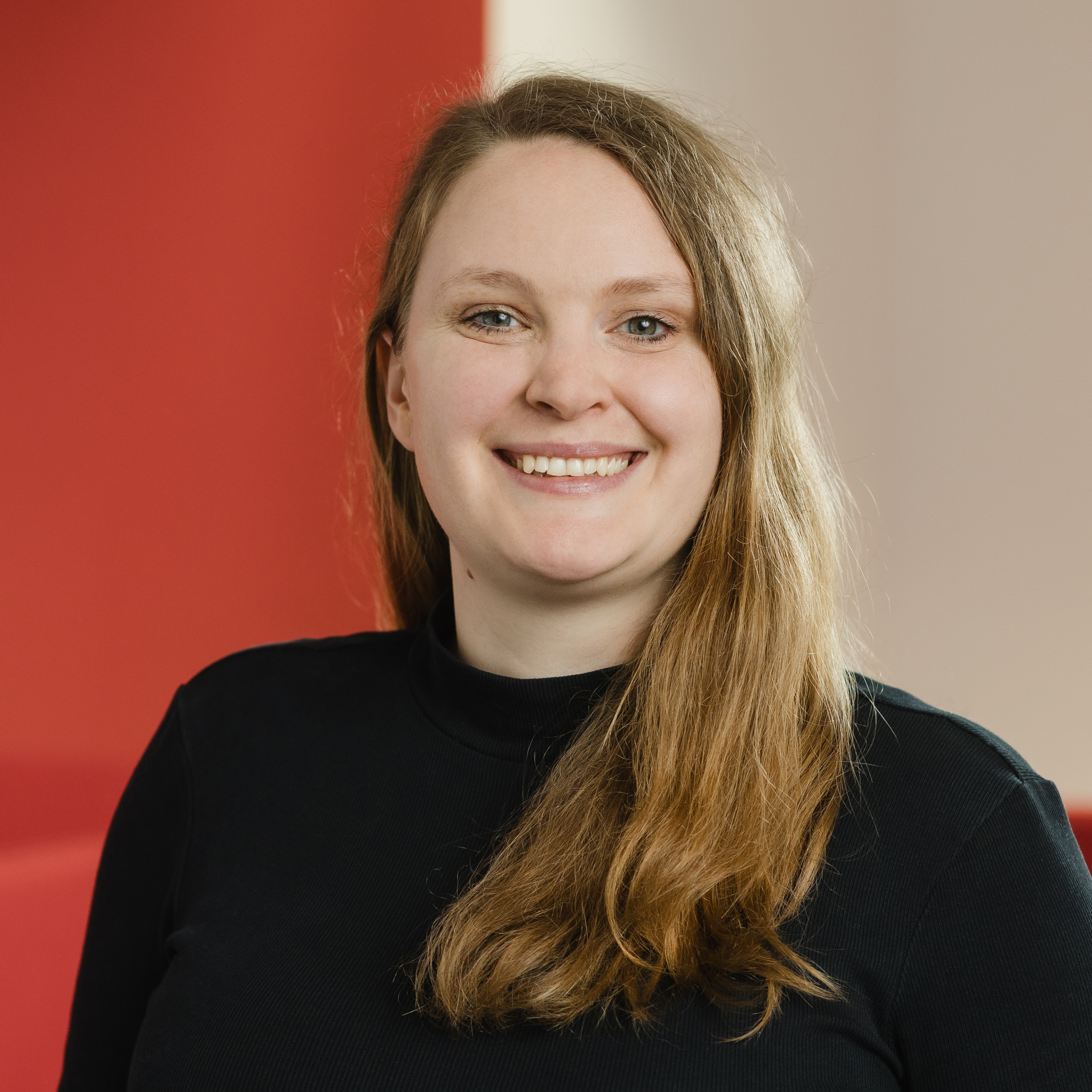 Theresa Sommer
Theresa Sommer 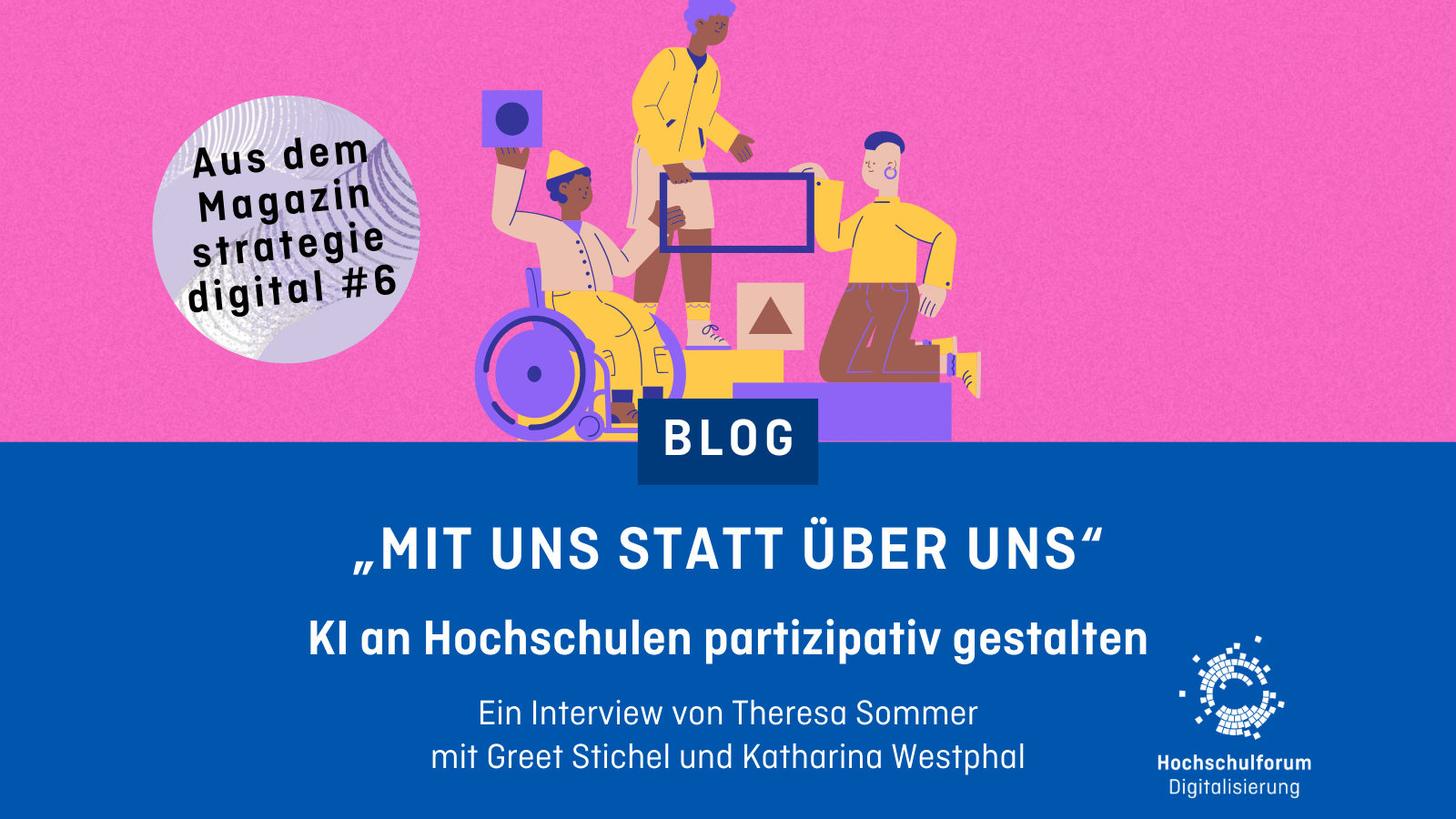
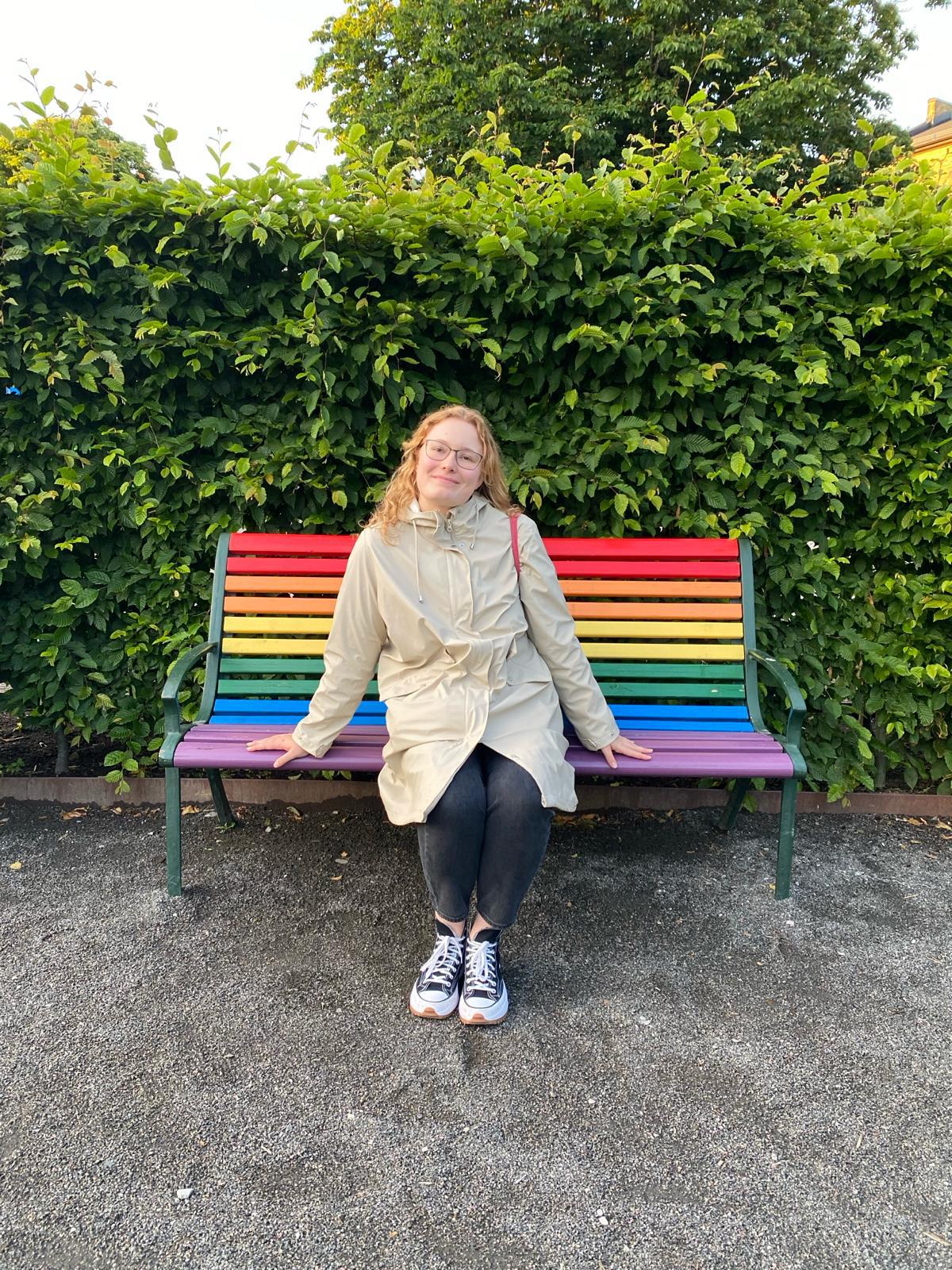 Inga Gostmann
Inga Gostmann 